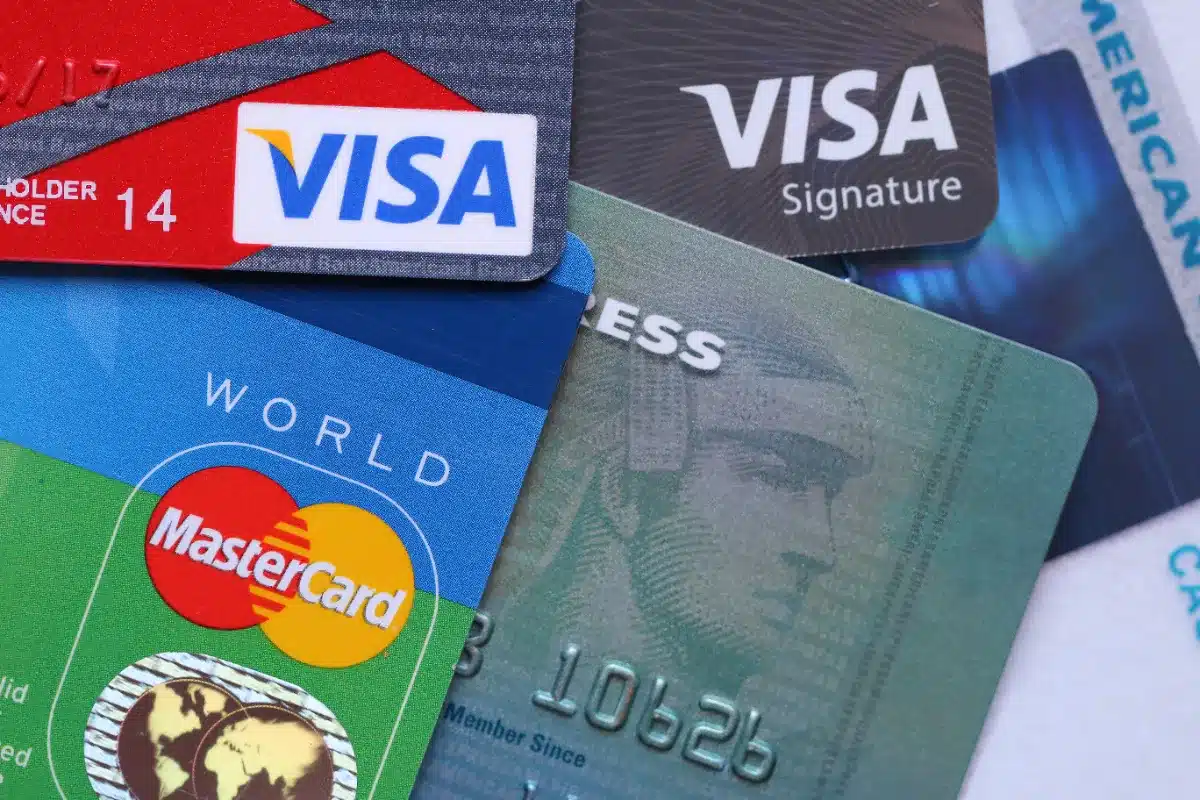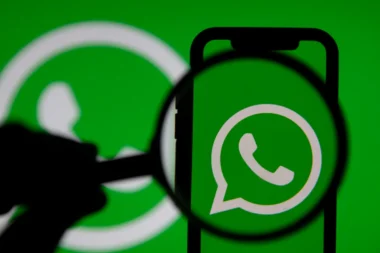A new legal twist has hit Mastercard, meaning about 2.5 million people could soon see a refund in their pocket. This all started with a case around profits made by using fraudulent practices linked to card payment terminals (TPE). The decision is a big reminder that companies must play fair and that consumers get a say when things go haywire.
Digging into the court case
The saga unfolded in the United Kingdom when Walter Merrick, a former financial mediator from the UK, took Mastercard to court back in 2016. The case centered on card transactions with fees that the court found ridiculously high. As a result, the judge ordered Mastercard to give back a slice of its profits. The payments in question spanned 16 years—from 1992 all the way to 2008.
Walter Merrick even called this “an unprecedented case” (meaning it set a new legal precedent for any similar situations down the road). This showdown really shows how consumer protection laws can give ordinary folks a fighting chance against big companies.
750 kg Shark Detected Near Atlantic Beaches, Guidelines for Safe Swimming
Who can get a refund
If you’ve been hit with these extra fees, here’s who qualifies for a refund. To be eligible, you need to have been a UK resident as of September 6, 2016. But there are some extra specifics based on where you lived in the UK during the relevant period:
- If you lived in England, Wales, or Northern Ireland, you must have been there for at least three months between 1997 and 2008.
- For Scottish residents, the requirement is three months of residency from 1992 to 2008.
- You also need to have been over 16 at the time—that is, you were born before March 22, 1992.
These details make sure the refund goes to those who were really affected during those years.
How to claim your money back
The process for snagging your refund has been set up to be as simple as possible—no need to rummage around for old receipts or prove your purchases. There will be an online claims platform to guide you through the process. How much money you get back depends on the total number of claims:
- If fewer than 2.2 million claims are submitted, each eligible person should receive about $88 (70 pounds).
- If more claims come in, the payout will drop to around $56 (45 pounds) per claimant.
This setup makes sure that everyone gets a fair share, based on how many people come forward.
What this means for consumers
This case is a good reminder of how extra costs sometimes sneak into our everyday purchases. According to the BBC, these extra fees ended up affecting all consumers—not just those using Mastercard. It puts a spotlight on how business practices ripple out to affect what we pay day-to-day.
While this decision means some money back in your pocket, it also sends a clear message: companies need to be upfront and fair in how they charge for services. As people start claiming their refunds, this case shows that standing up for your rights can lead to real, tangible results.






